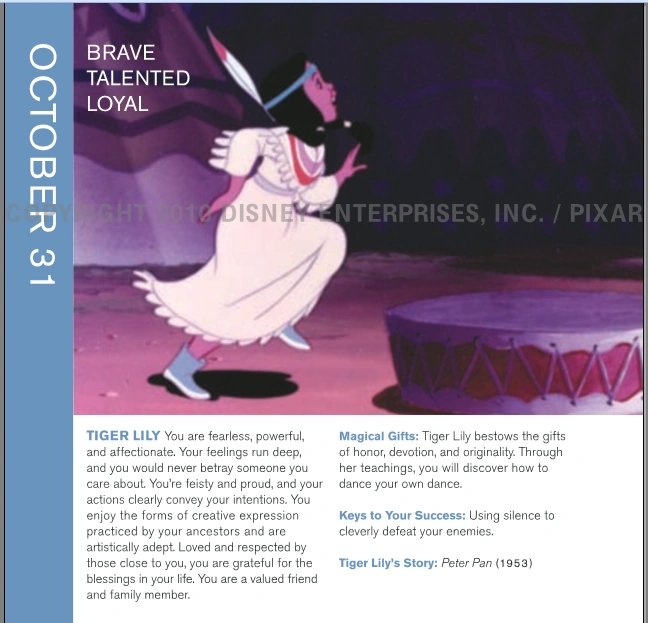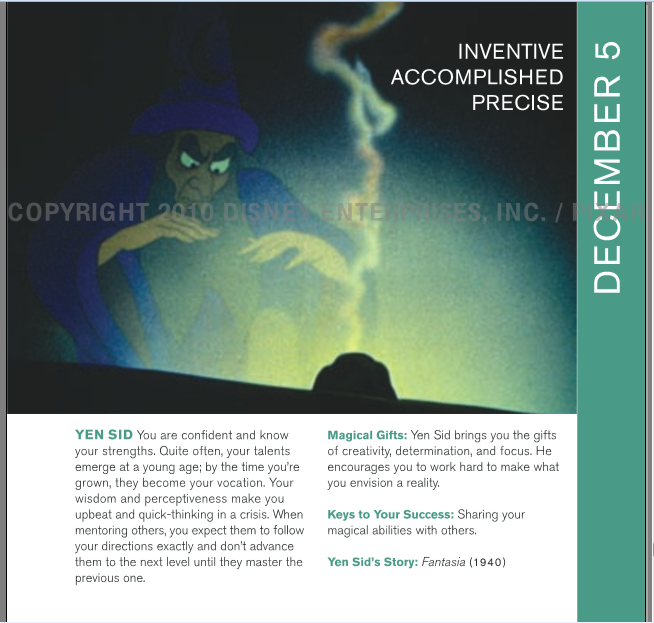Andy Kaufman's unique brand of comedy could be as confusing as it was original.
TV viewers fell in love with the comedian, who died in 1984 at age 35, during his five-season run as Latka Gravas on the ABC sitcom Taxi from 1978 to 1983. But his work on the series didn't capture the many aspects of his comedy, which was populated by various offbeat alter egos, including a wrestler named Andy Kaufman.
The late, legendary performer's notoriety for blurring the lines between comedy and reality is examined in Thank You Very Much, a new documentary by Emmy-nominated director Alex Braverman. Producers Jenifer Westphal and Joe Plummer talk to PEOPLE about why it was important to offer fans a look at the sides of Kaufman that they didn't see on Taxi.
"We’d worked with Alex Braverman before and already knew what a strong storyteller he was. So when this project came our way, we were intrigued," Westphal says. "We brought it to [Oscar-winning 20 Feet from Stardom director] Morgan Neville — who we’d worked with before, and we really trust his taste. When Morgan said he was in [as an executive producer], and then we saw that the Safdie brothers were also involved [as executive producers], we were like, 'Okay, this is going to be something special."
Adds Plummer: "Alex was a perfect example of the kind of filmmaker we love to support. This was his first feature doc, but his talent and vision were undeniable. We came on to make sure he had the backing to tell the story his way."
Never miss a story — sign up for PEOPLE's free daily newsletter to stay up-to-date on the best of what PEOPLE has to offer, from celebrity news to compelling human interest stories.
"There was also this full-circle connection: Alex’s father produced Andy’s Carnegie Hall special, so the thread between them was already there," Plummer continues. "And the archive? It blew us away. Interviews with voices no longer with us — it wasn’t just rich; it was gold. And it all came from inside Andy’s world. That’s rare."
The documentary offers insight into Kaufman's life from the people who knew him best, including his best friend Bob Zmuda. Kaufman's collection of "weirdos" gave him community and confidence.
"They’re all kind of outliers. 'Weirdos,' in the best sense of the word," Plummer explains.
"These were people who were totally comfortable being uncomfortable — people who operated on the fringe, who didn’t need things to be simple or polished. They’re all a little different, and brilliant because of it."
"There was a shared energy — this creative electricity — that they all fed off of," Westphal agrees.
"And I think it’s really important to remember that you can’t look at Andy’s work through today’s lens," she says. "The lens of now cannot be the lens to figure out what was happening back then. Andy was very much a product of the '70s. He was reacting to the moment, to the need for disruption. He was poking at the status quo in a way that only people like him — and the people around him — could really understand, or at least attempt to."
The documentary also examines Kaufman's refusal to be categorized. He couldn't be boxed into the worlds of comedy or acting or wrestling, yet he inhabited them all.
"I don’t know if Andy saw a clear difference between himself and the characters. He wasn’t drawing clean lines. There was no boundary — he was the character, and the character was him," Westphal notes.
"It wasn’t a performance in the way we think of performance now. It was all Andy, all the time. He wasn’t filtering himself to make it easier for people."
Plummer agrees, adding, "He wasn’t doing it for the audience’s comfort. That’s what makes him so hard to categorize — he just was. And the people closest to him, they weren’t trying to separate it either. They accepted that his real self and his performance self were one and the same. That’s where the magic was."
Though there were times that Kaufman brought out discomfort or frustration or embarrassment in his audience, what he was really after, Plummer says, was "chasing real reactions."
"Andy was constantly playing with the idea of what’s real, what’s performance, and what’s in between. His goal wasn’t to get a laugh — it was to provoke something real," he explains.
"You see it in the wrestling: People hated him. And they weren’t seeing him as a character anymore. They were reacting from the gut. That’s what he was after — love, hate, whatever, as long as it was real."
Westphal adds: "It’s funny, because that level of discomfort is exactly what made people pay attention. He was saying, I’m going to make you feel something — even if you don’t like it. That takes guts."
"He wasn’t performing for applause. He was performing to challenge people. And that’s why we’re still talking about him."
Both producers were surprised by their reaction to different elements of Kaufman's life and creative process.
"For me, it was how intentional he was. You think of Andy’s performances as chaotic or improvised, but everything had a purpose," Plummer says. '
"He was making deliberate choices — even the ones that looked completely off-the-rails. He was in control in a way that not a lot of performers are. That level of intention was wild to discover."
Westphal was struck by something more internal: "The compassion I ended up feeling for him."
Wavelength Productions
"That really surprised me. I didn’t expect to connect with him emotionally. I thought I’d admire the creativity, the boldness. But as the film came together, I found myself caring about him in a deep way. He felt very human to me. I didn’t see that coming."
The pair hope the documentary will not only illuminate Kaufman's story for his fans, but also showcase his depth to an audience who may have never gotten to know him beyond his Taxi character.
"Taxi was great, and it made Andy a household name, but it also flattened him. It gave people a version of him that was digestible, but Andy wasn’t someone you could package up neatly," Plummer points out.
"That show was just one piece of a much bigger, much weirder puzzle."
"What this film does is crack that box open. It gives people a chance to see the full picture — the risk-taker, the innovator, the man who didn’t just think outside the box," Westphal adds. "He lit it on fire."
Jim Britt/Disney General Entertainment Content via Getty
The two are hopeful audiences will walk away from the documentary with a new appreciation of what was at Kaufman's core.
"I hope they feel like they’ve spent time with someone who refused to be anyone but himself, and I hope it makes people think differently — not just about Andy, but about what art and performance can be," Plummer says.
"Andy didn’t do things the easy way, and he didn’t care if people liked it. He wasn’t tidy or predictable, and that’s what made him unforgettable."
"More than anything, we hope people walk away thinking, 'Wow, that was a great f---ing story.' "
Thank You Very Much is out now. Visit here for information on how to watch the film.










